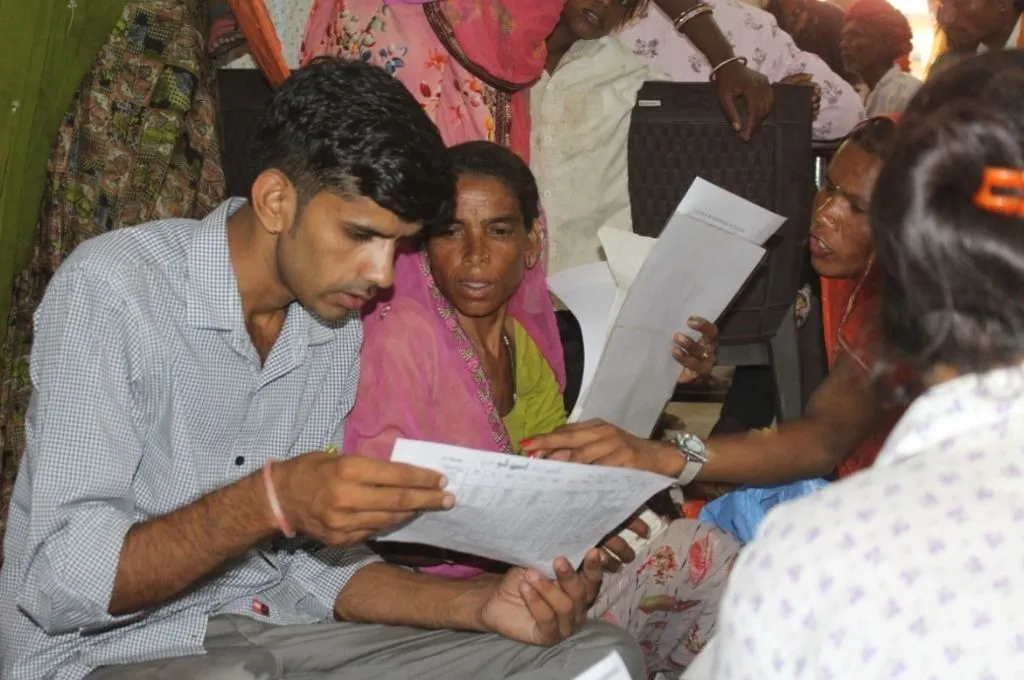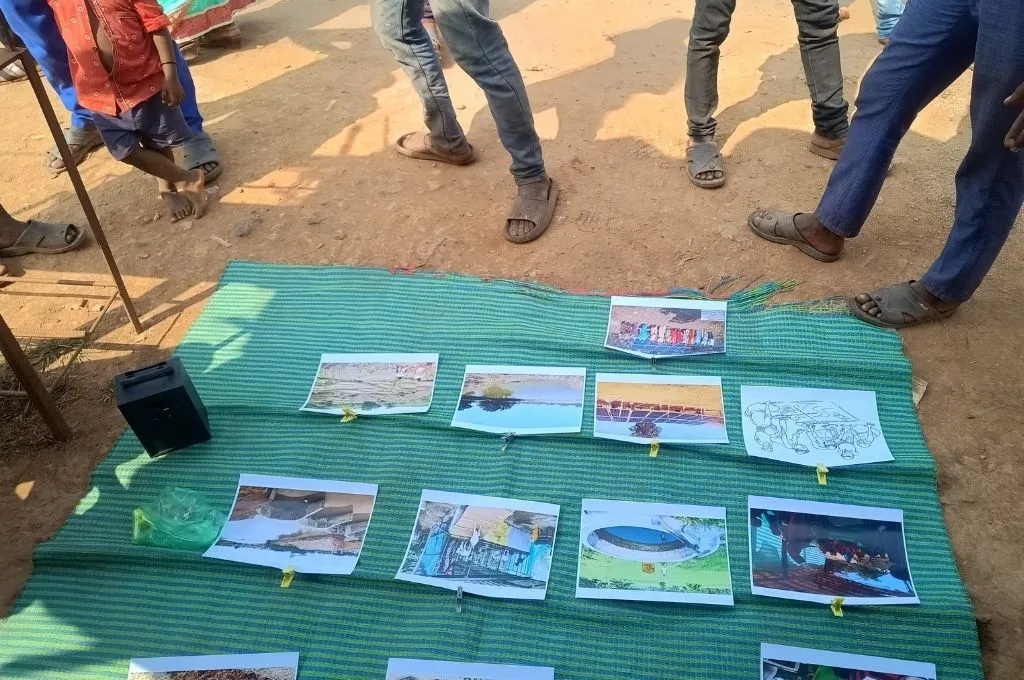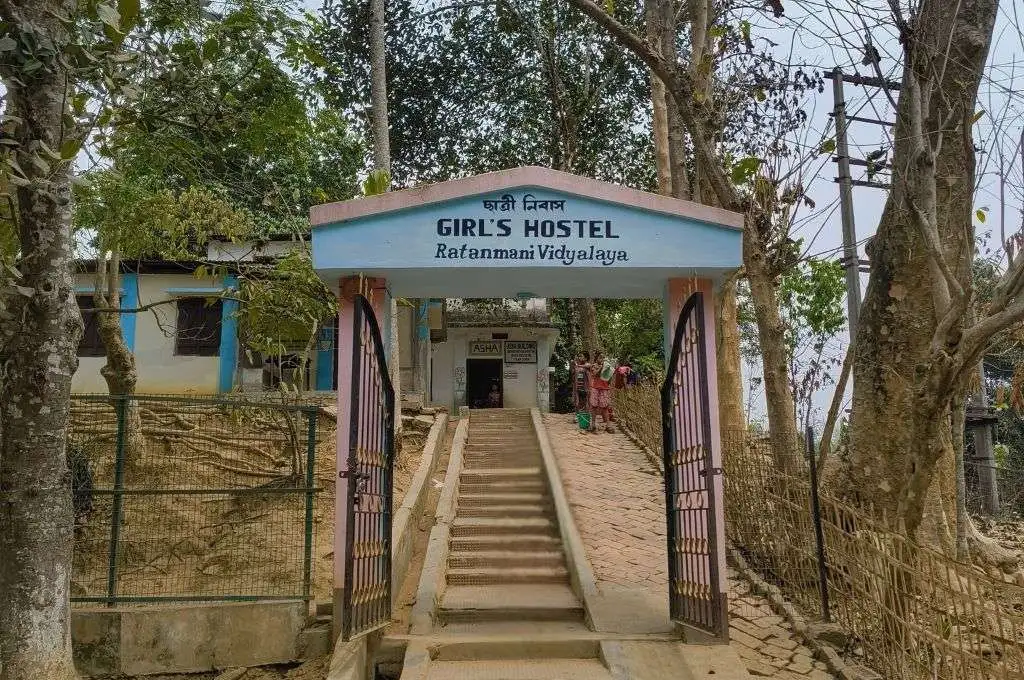Old problems, new solutions
Bhanwari Bishnoi is a block coordinator in Lohawat block, Jodhpur district and has been working on preventing child marriage in western Rajasthan for the last few years. In her experience, the strongest measure to do this is to ensure that children are enrolled in school and that they do not drop out. Before the pandemic, she and her team would regularly interact with children enrolled in the local schools to encourage them to continue their education. The children who had dropped out of school were identified with the aid of community members and were motivated to register for the Rajasthan State Open School so they could complete their schooling.
With the shutting down of schools due to the nationwide lockdown, Bhanwari was scared the number of cases of child marriage would increase. Her fears were echoed by the UN, when they warned that the global COVID-19-related school closures could lead to 13 million more child marriages over the next decade. Worried that they would lose out on all the progress they had achieved, Bhanwari and her three colleagues—Jyoti, Parveen, and Pramila—began to think about how to revise their community mobilisation strategy.
A few weeks into the lockdown, they started organising conference phone calls with children from the districts of Bikaner and Jodhpur. Soon, they decided to move to video calls via Zoom, hoping that the video-based software would lead to children being more engaged in their sessions. According to the team, using video would ensure that the children—who were used to in-person discussions—did not feel distant.
And they were right. The children were more engaged during Zoom sessions, but the reason was something they hadn’t anticipated or considered. Bhanwari shares, “We found that the children were more engaged, not just because they felt closer, but because they were excited to learn how to use the (video) application. Some of the parents even joined the video call with their children, and one of them honestly confessed that they wanted to see how this video application works.”
In Bhanwari’s experience lies perhaps another reason to embrace technology when working with communities. Can a desire to learn about technology potentially increase attendance for and engagement with the programme being implemented?
Aastha Maggu is a programme manager with the Desert Resource Centre, part of the Urmul Network, in Bikaner district, Rajasthan.
—
Know more: Read about the pandemic’s impact on adolescents and what a day in the life of a child protection volunteer looks like.
Do more: Connect with the author at aastha.maggu@ourdeserts.org to understand more about and support her work.



